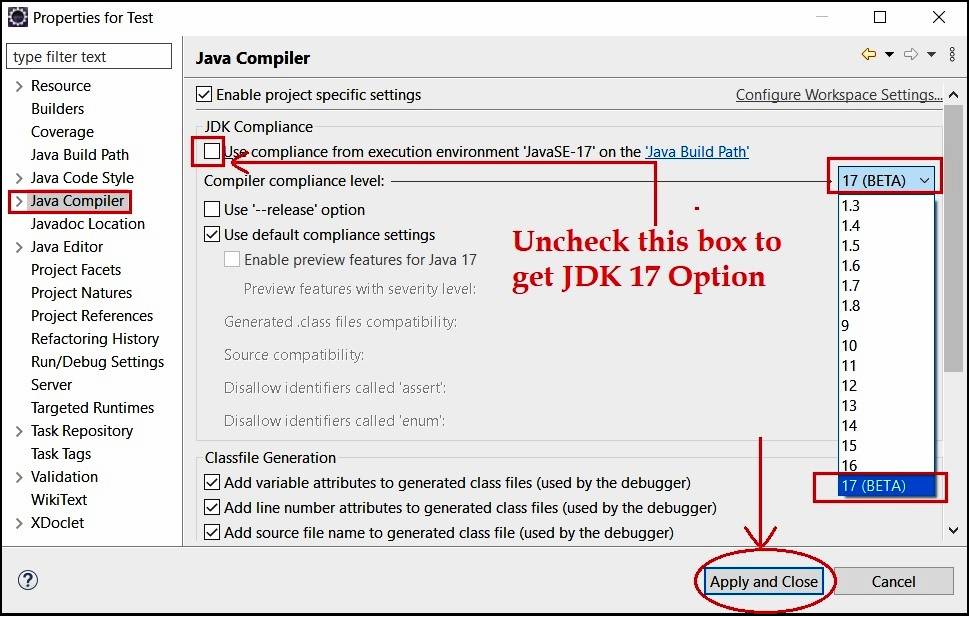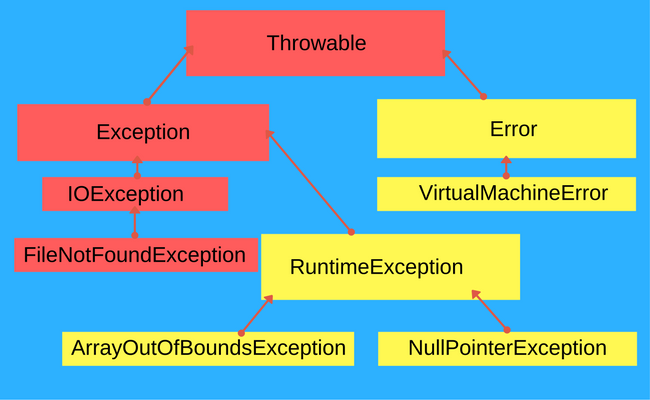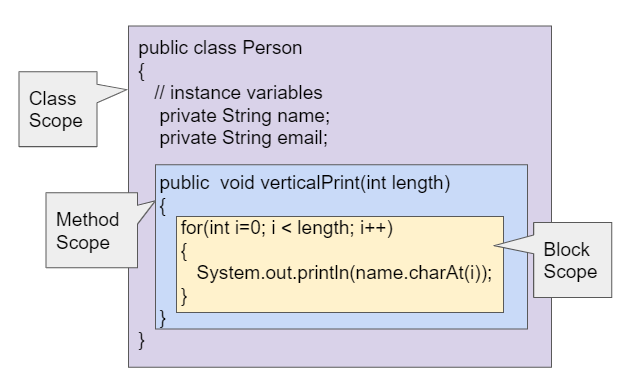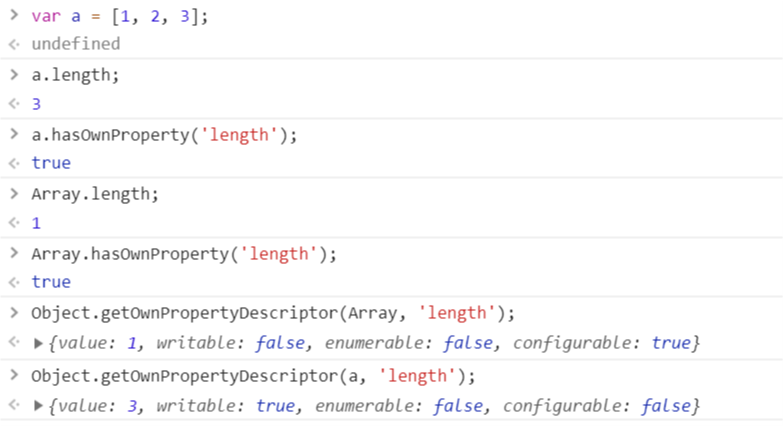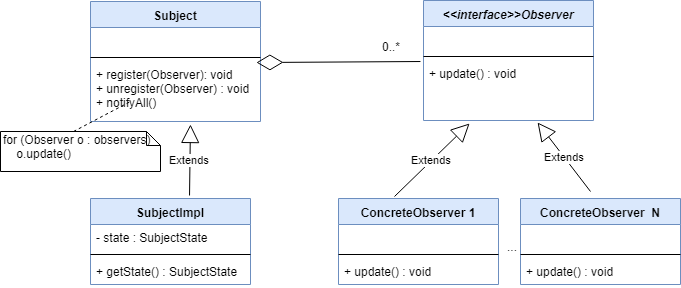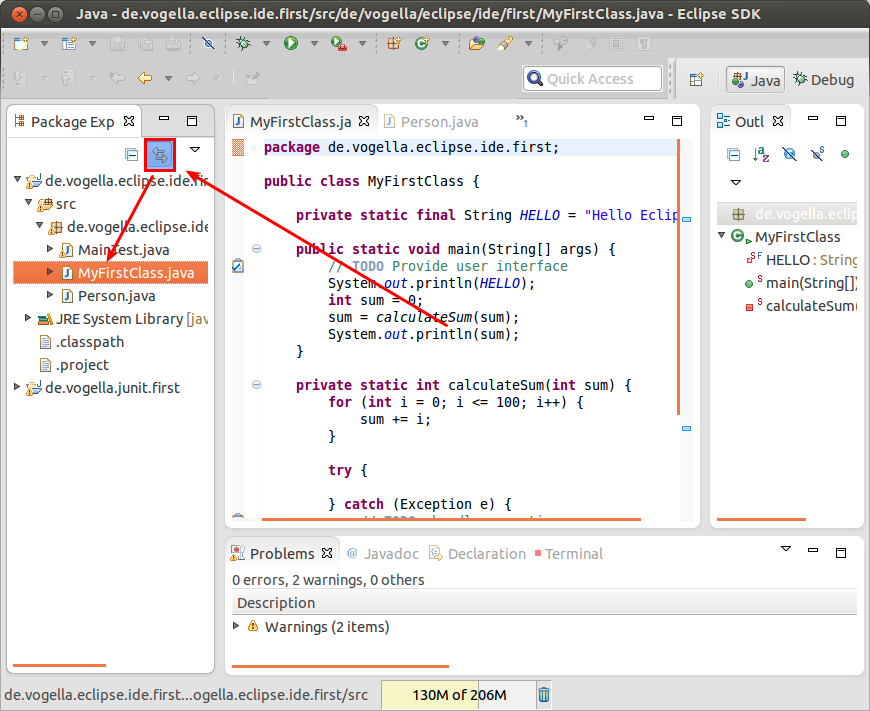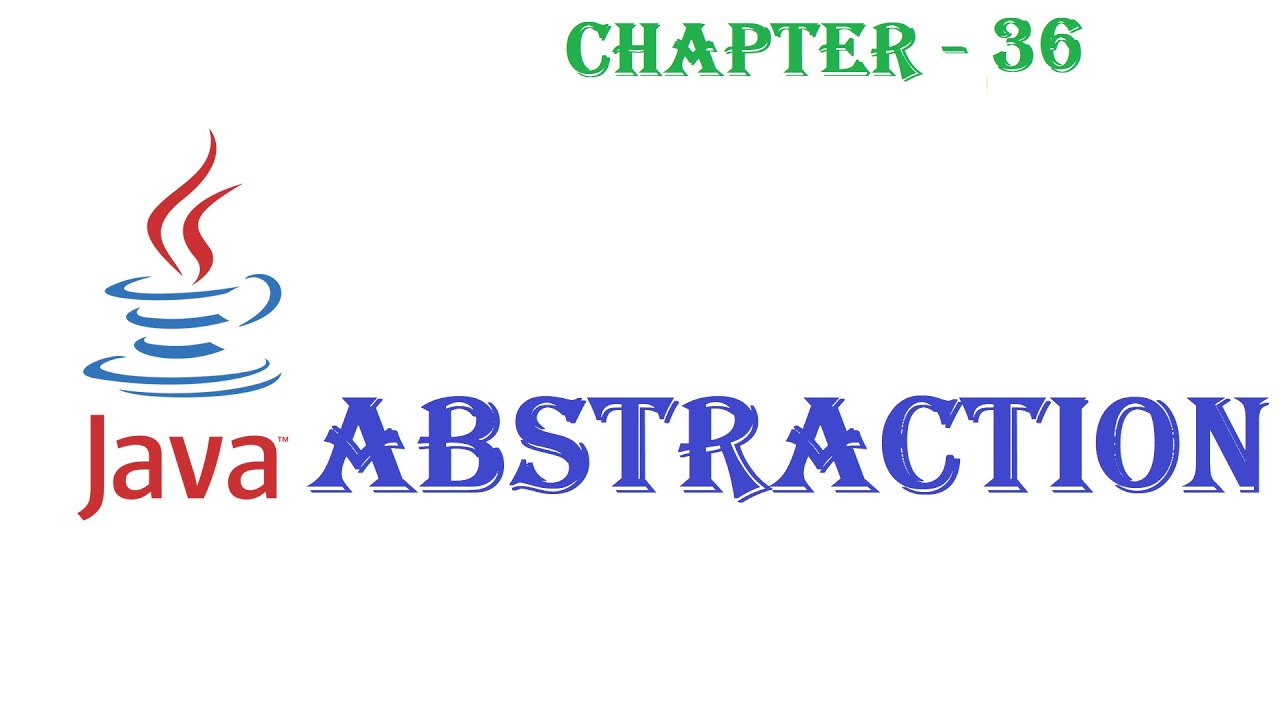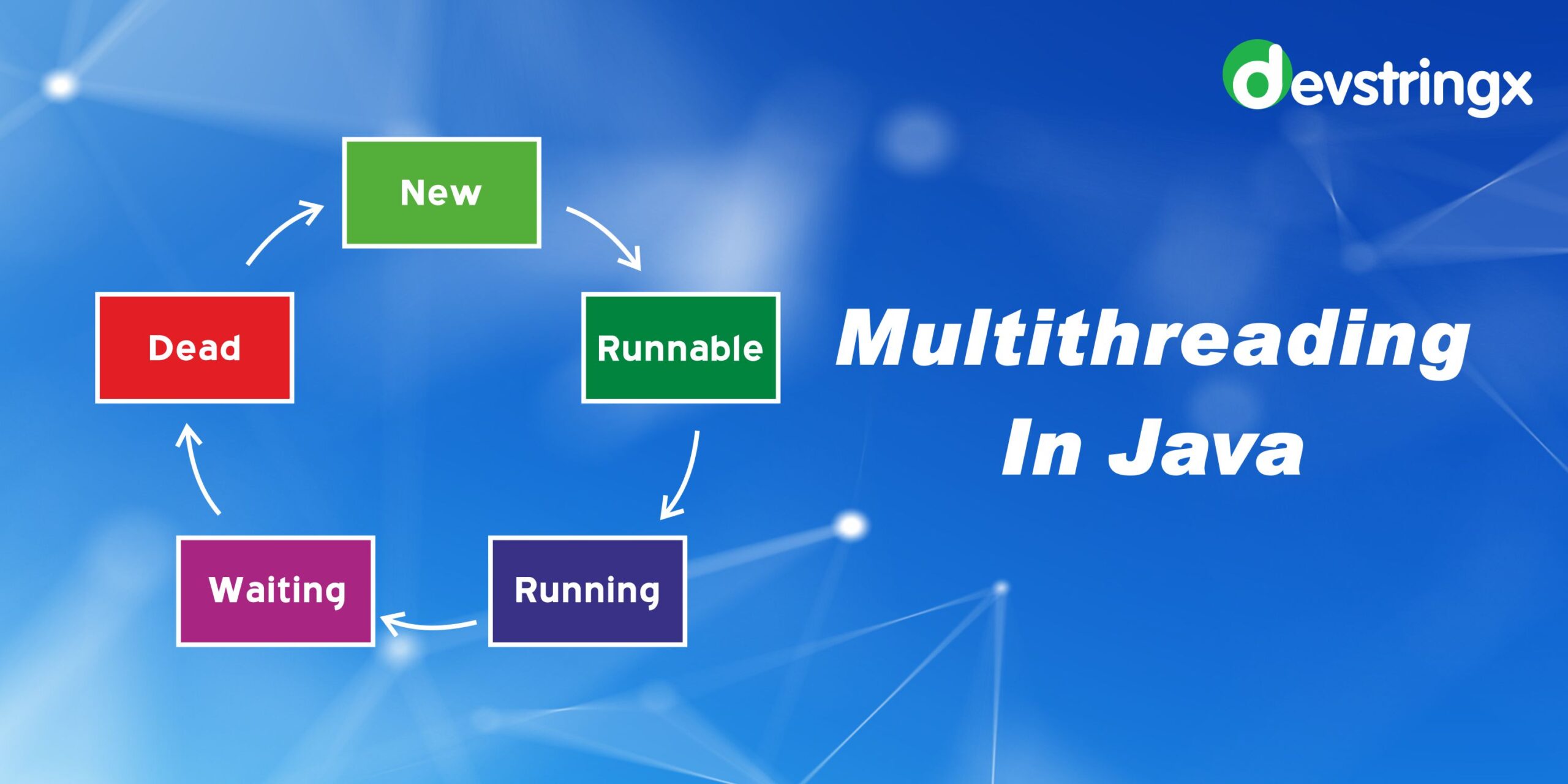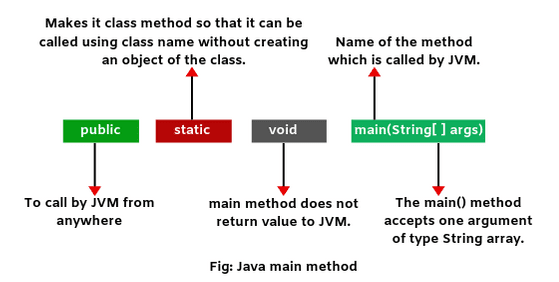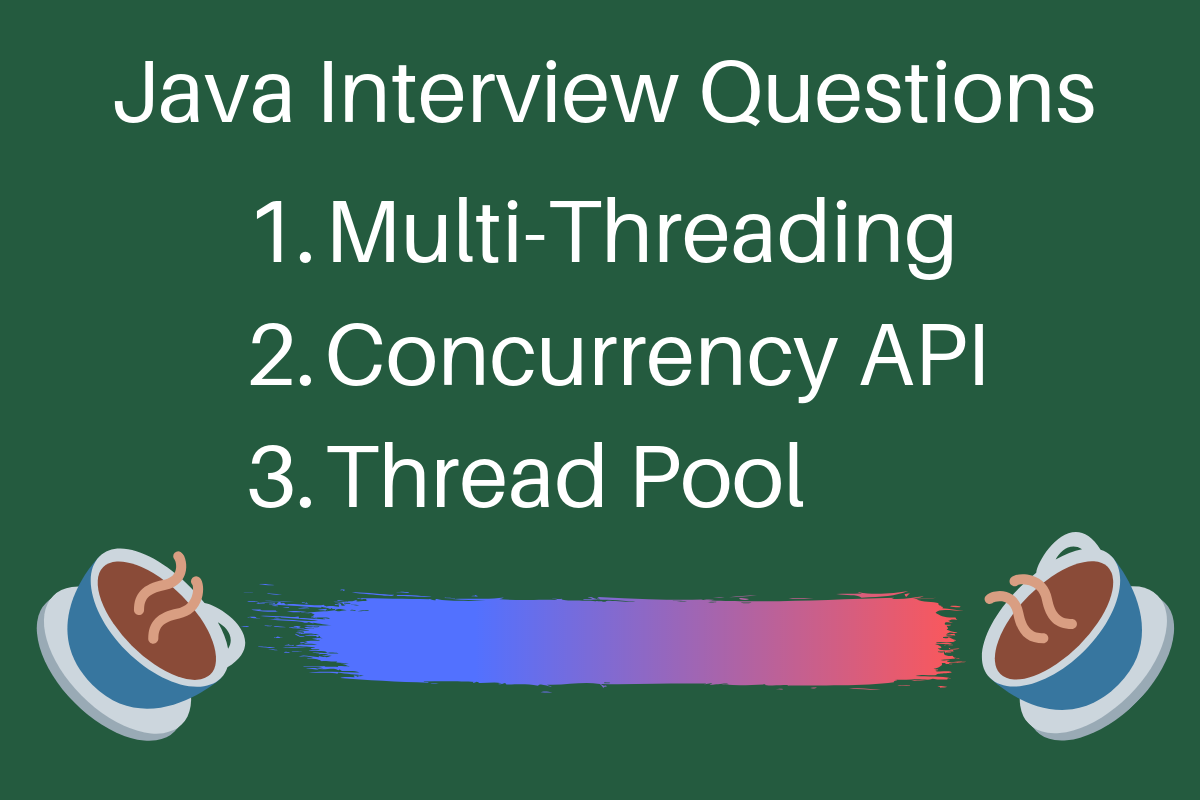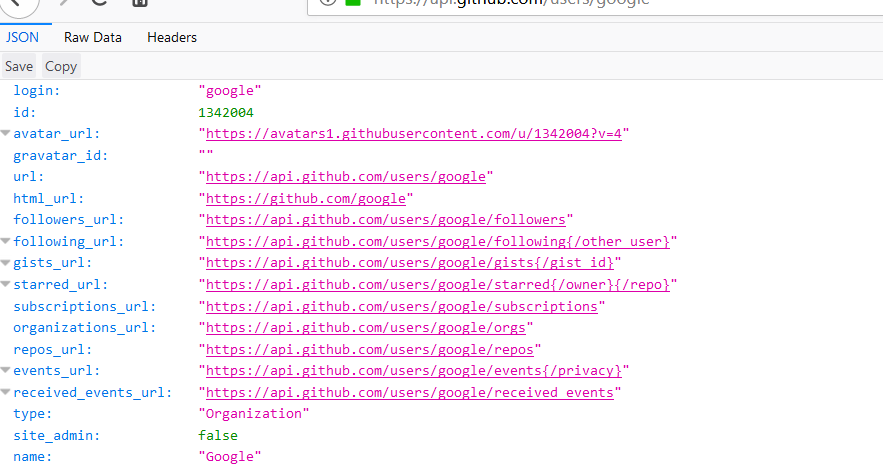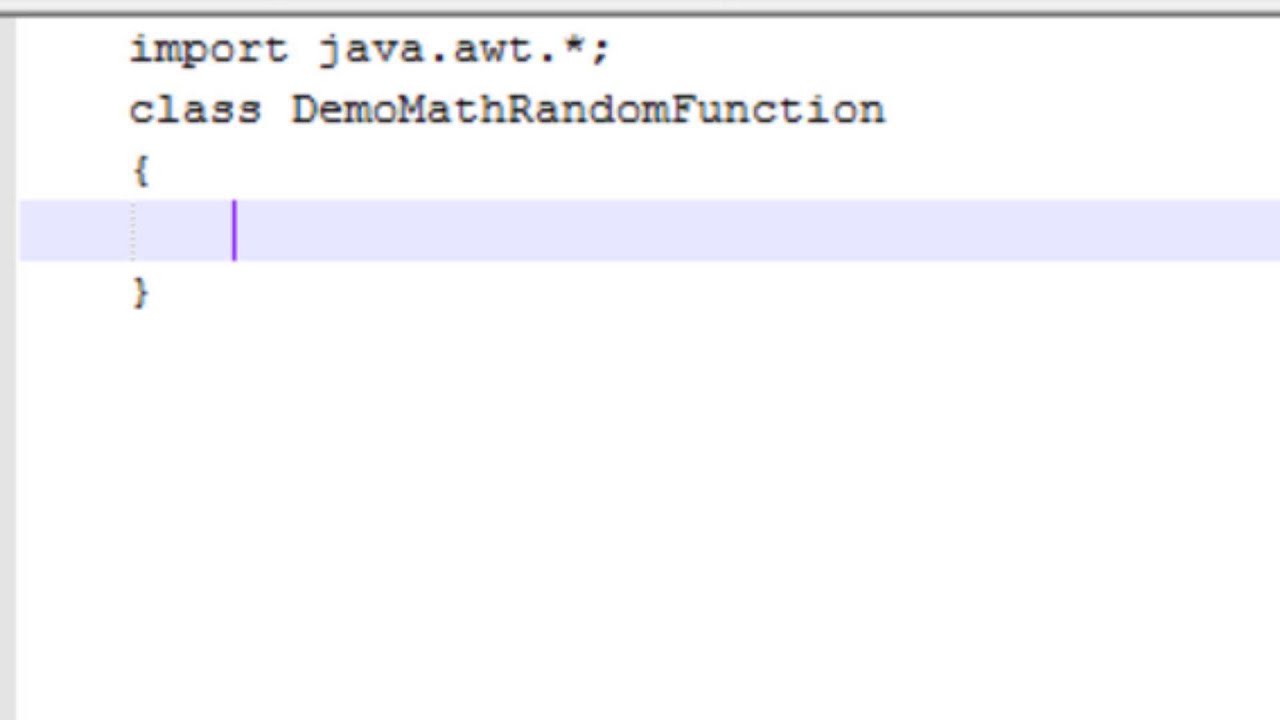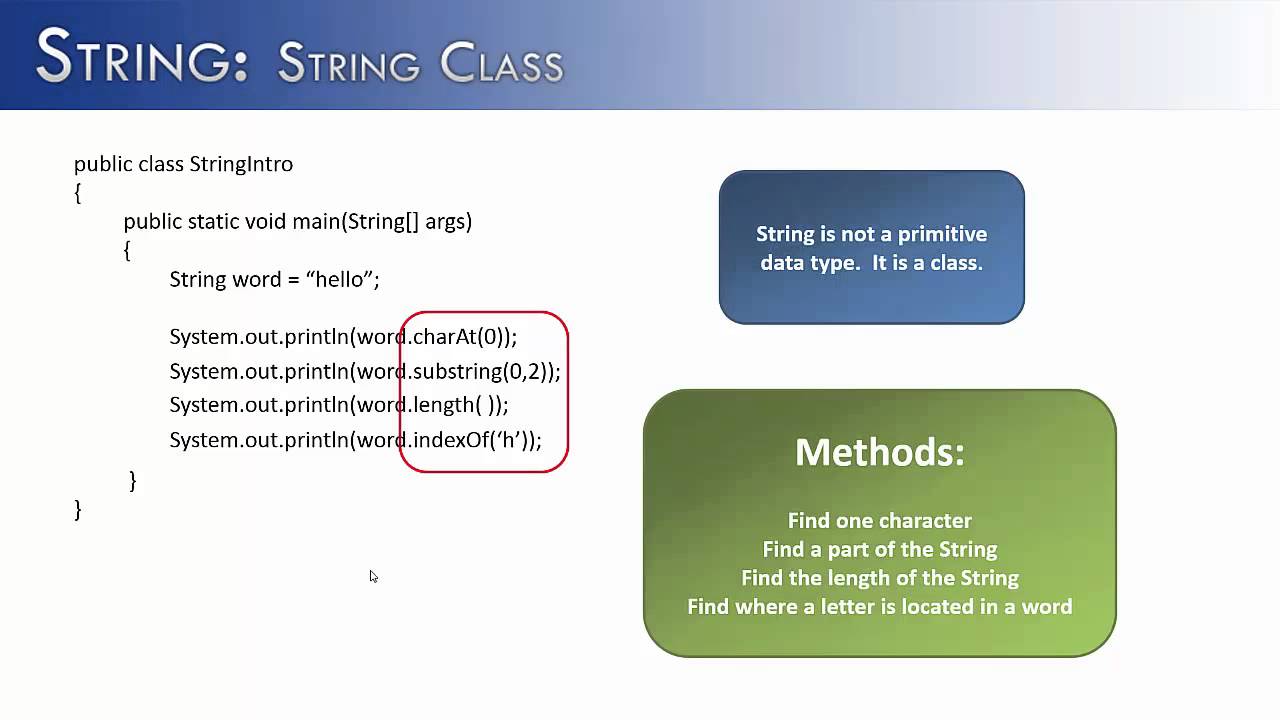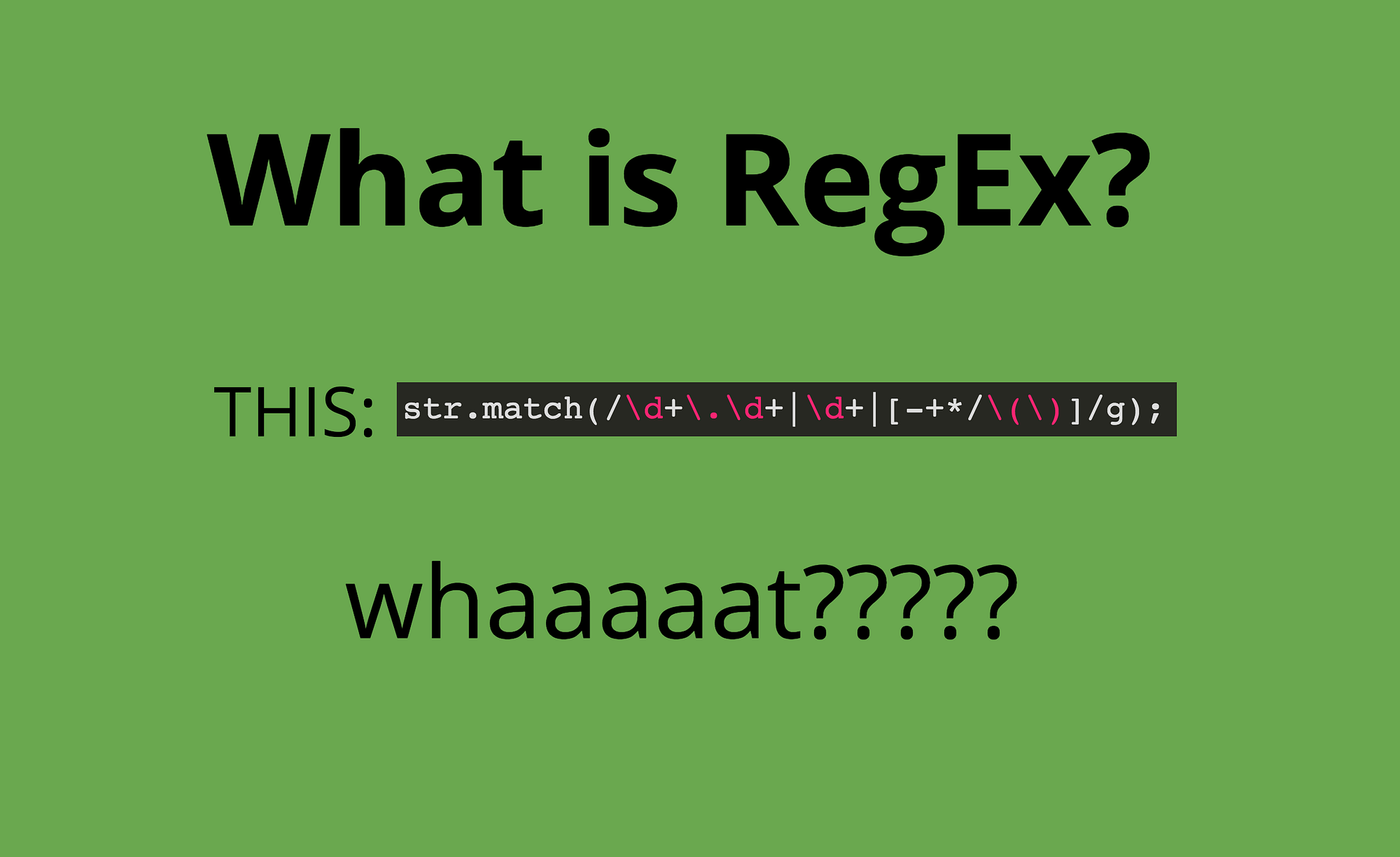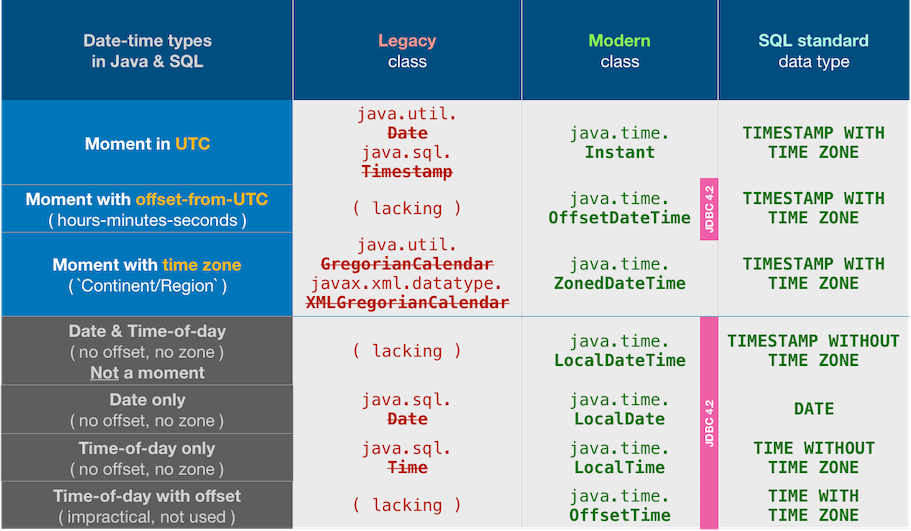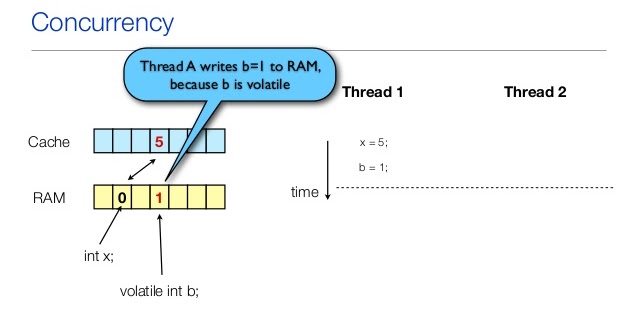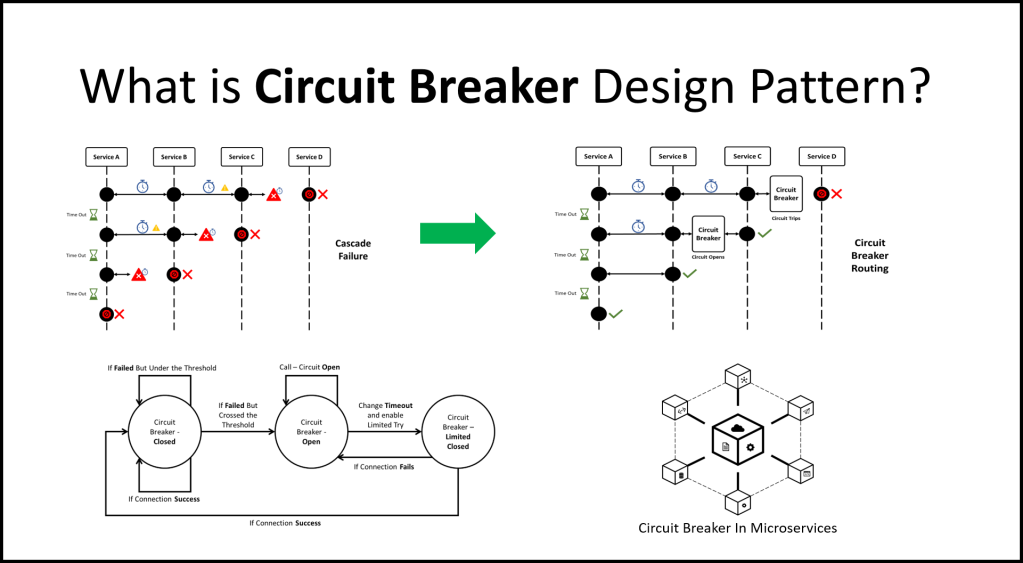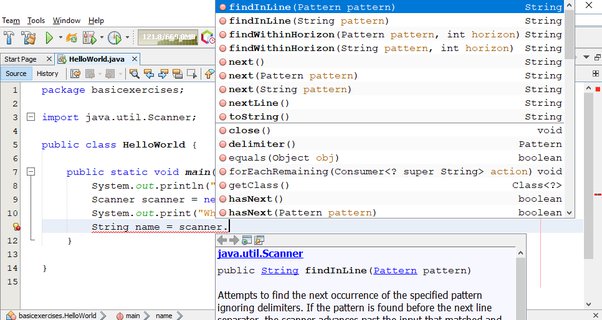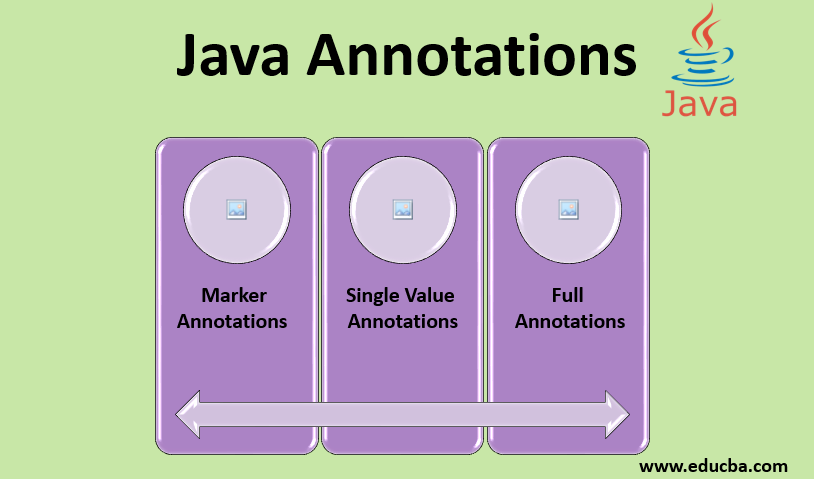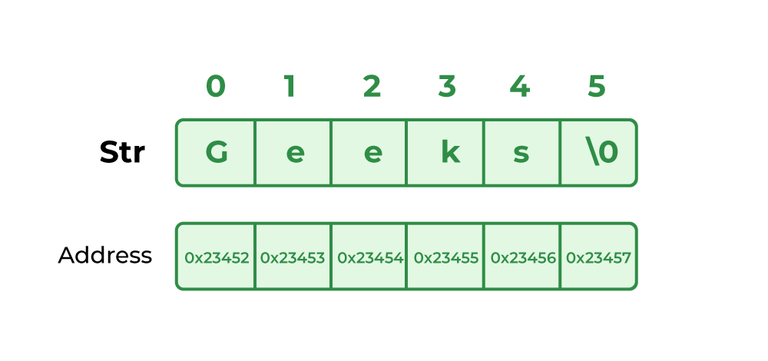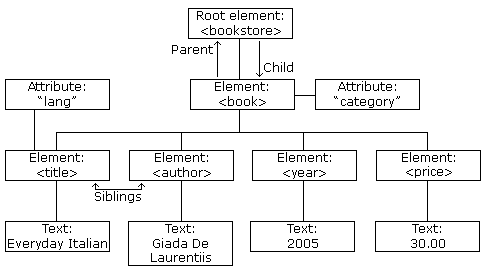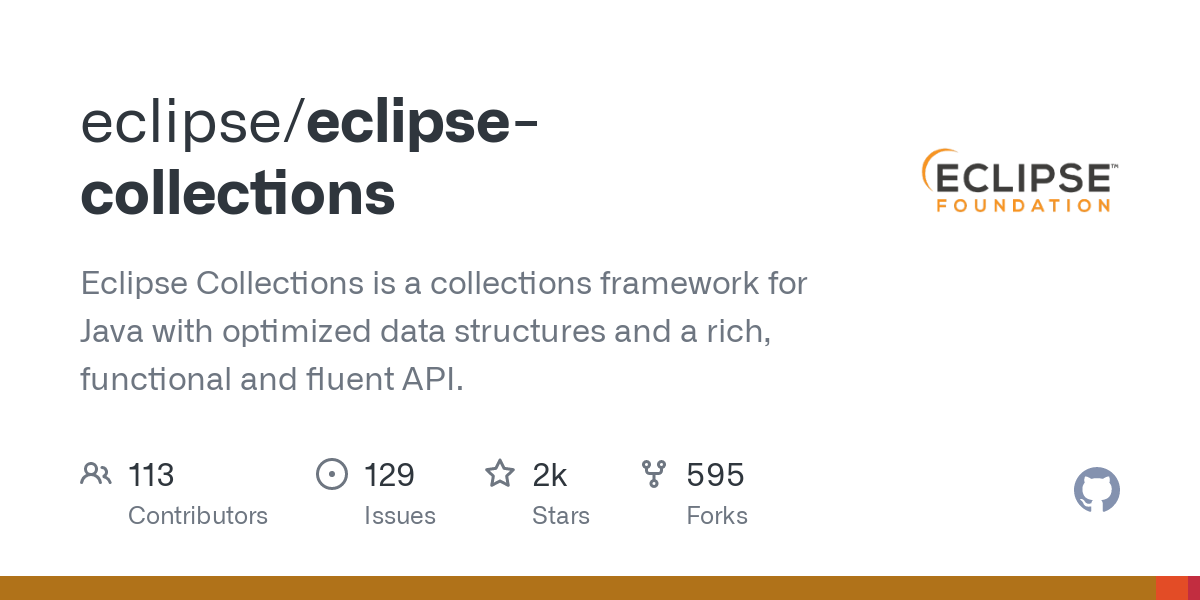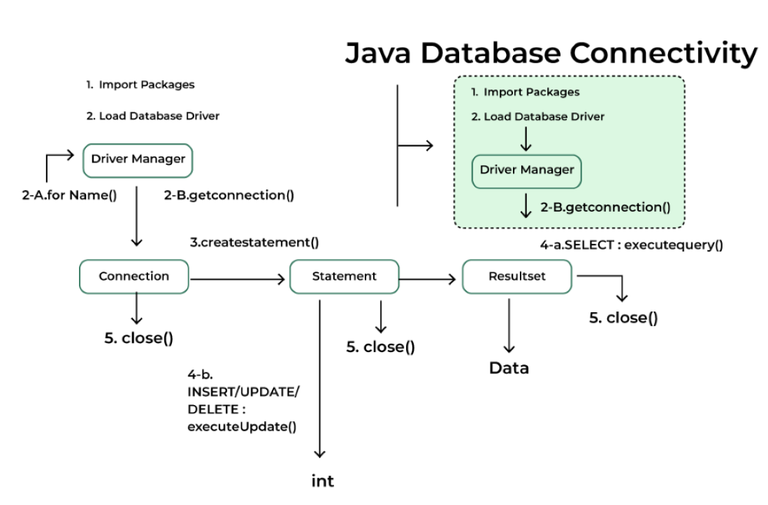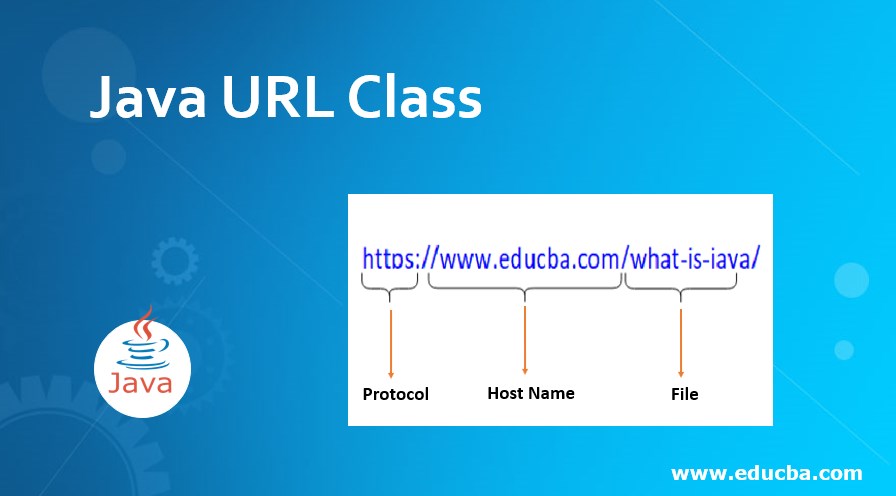What is lambda expression in Java interview questions?
What is lambda expression in Java interview questions?
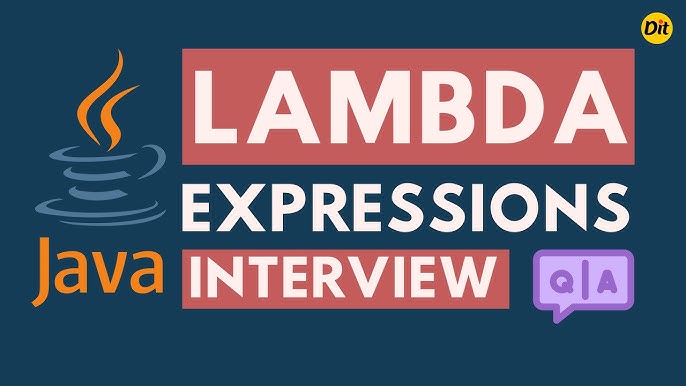
In the realm of Java programming, a lambda expression is a shorthand way to write small, one-method interfaces that implement a single abstract method (SAM). It's a feature introduced in Java 8, which provides a concise and expressive way to define functions or interfaces.
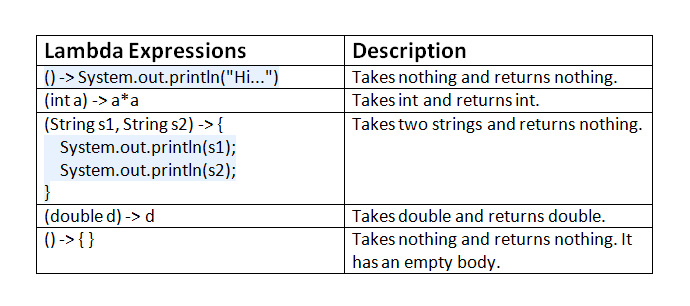
Lambda expressions can be used to simplify code by eliminating the need for anonymous classes. They are particularly useful when working with functional programming concepts, such as map-reduce operations, stream processing, or event handling.
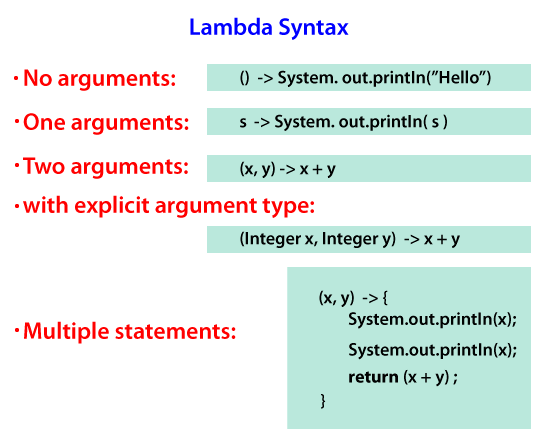
The general syntax of a lambda expression in Java is:
(parameters) -> { body }
Here's what each part means:
(parameters) : This is the input parameter list. It can be empty, or you can specify one or more parameters. -> : This operator separates the input parameters from the body of the lambda expression. { body } : This is the code block that defines the behavior of your lambda expression. The body of a lambda expression must consist of at least one statement.
In Java, lambda expressions can be used in various contexts, such as:
Method references: You can use lambda expressions to implement interfaces or create method instances. Functional interfaces: Lambda expressions can be used to define implementations for functional interfaces likeRunnable, Callable, or Comparator. Stream operations: Lambda expressions are essential when working with Java streams, as they allow you to specify operations that will be applied to the stream's elements. Event handling: Lambda expressions can be used as event handlers in GUI programming.
Here's an example of a simple lambda expression:
public class Main {
public static void main(String[] args) {
// Create a lambda expression that takes an integer and prints it
Printable printable = (integer) -> System.out.println(integer);
// Use the lambda expression to print numbers from 1 to 5
for (int i = 1; i <= 5; i++) {
printable.print(i);
}
}
}
interface Printable {
void print(int integer);
}
In this example, we define a Printable interface with a single abstract method (print) that takes an integer as input. We then create a lambda expression that implements this interface and prints the input integer.
When you're preparing for Java interview questions, being able to understand and work with lambda expressions is crucial. You'll often be asked to write lambda expressions or explain their usage in different contexts.
Common interview questions related to lambda expressions include:
How do you define a lambda expression in Java? What's the difference between a lambda expression and an anonymous class? Can you show me an example of using a lambda expression with Java streams? How would you use a lambda expression as an event handler?Mastering lambda expressions will help you tackle these questions and demonstrate your proficiency in working with functional programming concepts in Java.
Java lambda as parameter
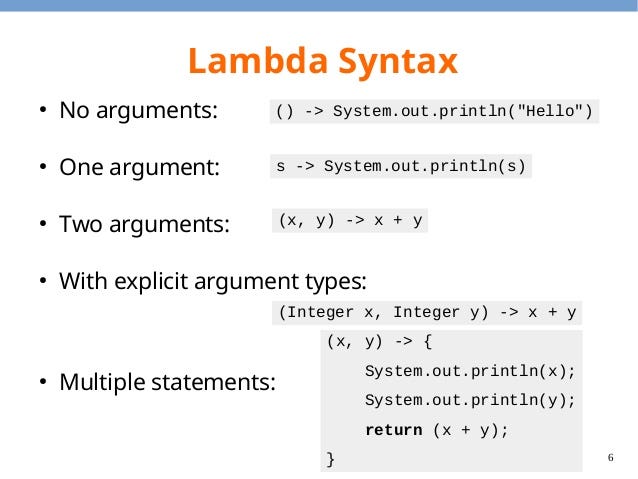
I'm happy to help!
In Java, a lambda expression is an anonymous function that can be passed as an argument to a method, returned from a method, or stored in a data structure. Lambda expressions are essentially single-method interfaces that you can implement without explicitly declaring the interface or its methods.
To use a lambda expression as a parameter, you need to define a functional interface (an interface with a single abstract method) and then pass an instance of that interface as a parameter to a method. Here's an example:
interface MyInterface {
void doSomething(String input);
}
public class Main {
public static void process(MyInterface mi) {
mi.doSomething("Hello, World!");
}
public static void main(String[] args) {
process(s -> System.out.println(s));
}
}
In this example, MyInterface is a functional interface with a single abstract method (doSomething()). The process() method takes an instance of MyInterface as a parameter and calls its doSomething() method. In the main() method, we create a lambda expression that implements MyInterface by printing out the input string, and then pass it to the process() method.
Lambda expressions can be used to simplify code and make it more concise. They are particularly useful when you need to pass a small, one-method interface as an argument to a method or return it from a method.
Here are some key features of lambda expressions:
Anonymous: Lambda expressions don't have a declared name. Functional Interface: Lambda expressions implement a functional interface (an interface with a single abstract method). Single Method: Lambda expressions can only implement one method, which is the abstract method defined in the functional interface. Capturing Variables: Lambda expressions can capture variables from their surrounding scope, allowing them to use these variables within their implementation.Here are some benefits of using lambda expressions:
Concise Code: Lambda expressions can greatly simplify code by reducing the amount of boilerplate needed to define and implement interfaces. Improved Readability: Lambda expressions can improve code readability by making it clear what a piece of code is intended to do, without needing explicit method names or interface declarations. More Expressive Power: Lambda expressions provide more expressive power than traditional interfaces because they can capture variables from their surrounding scope and use them within their implementation.Overall, lambda expressions are a powerful tool in Java that can help you write more concise, readable, and expressive code.
